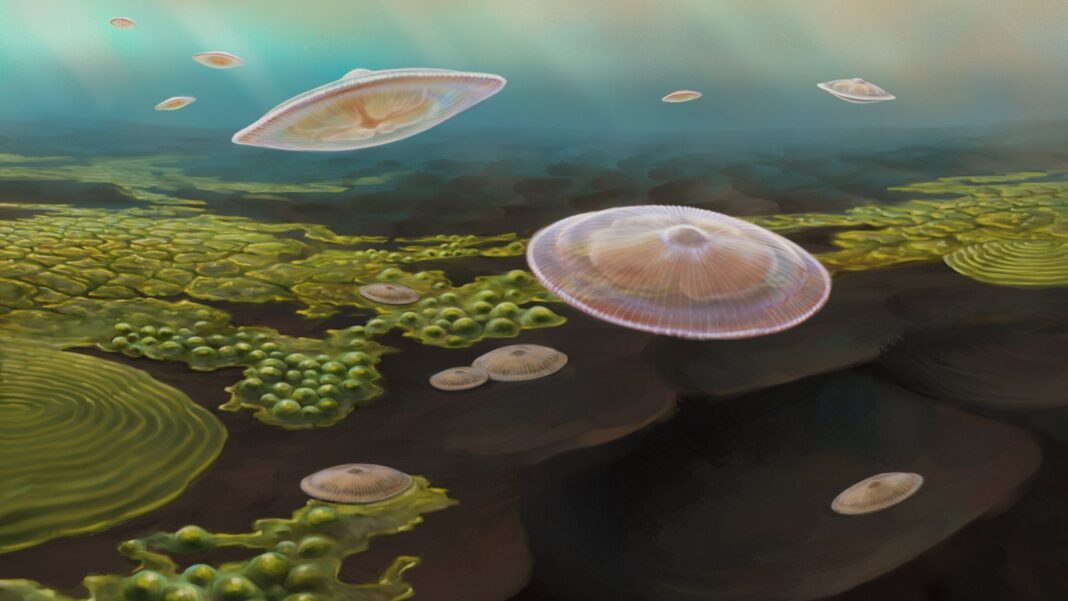Complex life on Earth began around 1.5 billion years earlier than thought, according to a new study.
Scientists were broadly of the view that animals first emerged on Earth 635 million years ago, but the latest study, led by a research team at Cardiff University, has found signs of a much earlier ecosystem.
The ecosystem was found in the Franceville Basin near Gabon.
The study uncovers environmental evidence of the very first experiments in the evolution of complex life.
It describes an episode of unique underwater volcanic activity after two continents collided.
Scientists have widely debated the validity of large fossils of macroorganisms dating back 2.1 billion years.
Earlier discovery
Dr Ernest Chi Fru is the paper’s lead author and reader at Cardiff University’s School of Earth and Environmental Sciences.
“We already know that increases in marine phosphorus and seawater oxygen concentrations are linked to an episode of biological evolution around 635 million years ago,” he said.
“Our study adds another, much earlier episode into the record, 2.1 billion years ago.”

Keep up with all the latest news from the UK and around the world by following Sky News
Read more:
Meteor shower to light up UK skies tonight – how to watch the show
Scientists discover oldest black hole ever that grew far more quickly than expected
Just Stop Oil activists arrested at airport after protest
The research team found environmental change which might have triggered their evolution.
But the life forms did not take a global foothold at this time, according to researchers.
This was due to the restricted nature of the water mass and the hostile conditions that existed for billions of years later.
Researchers believe this points to a possible two-step evolution of complex life on Earth.
“While the first attempt failed to spread, the second went on to create the animal biodiversity we see on Earth today,” Dr Chi Fru added.







